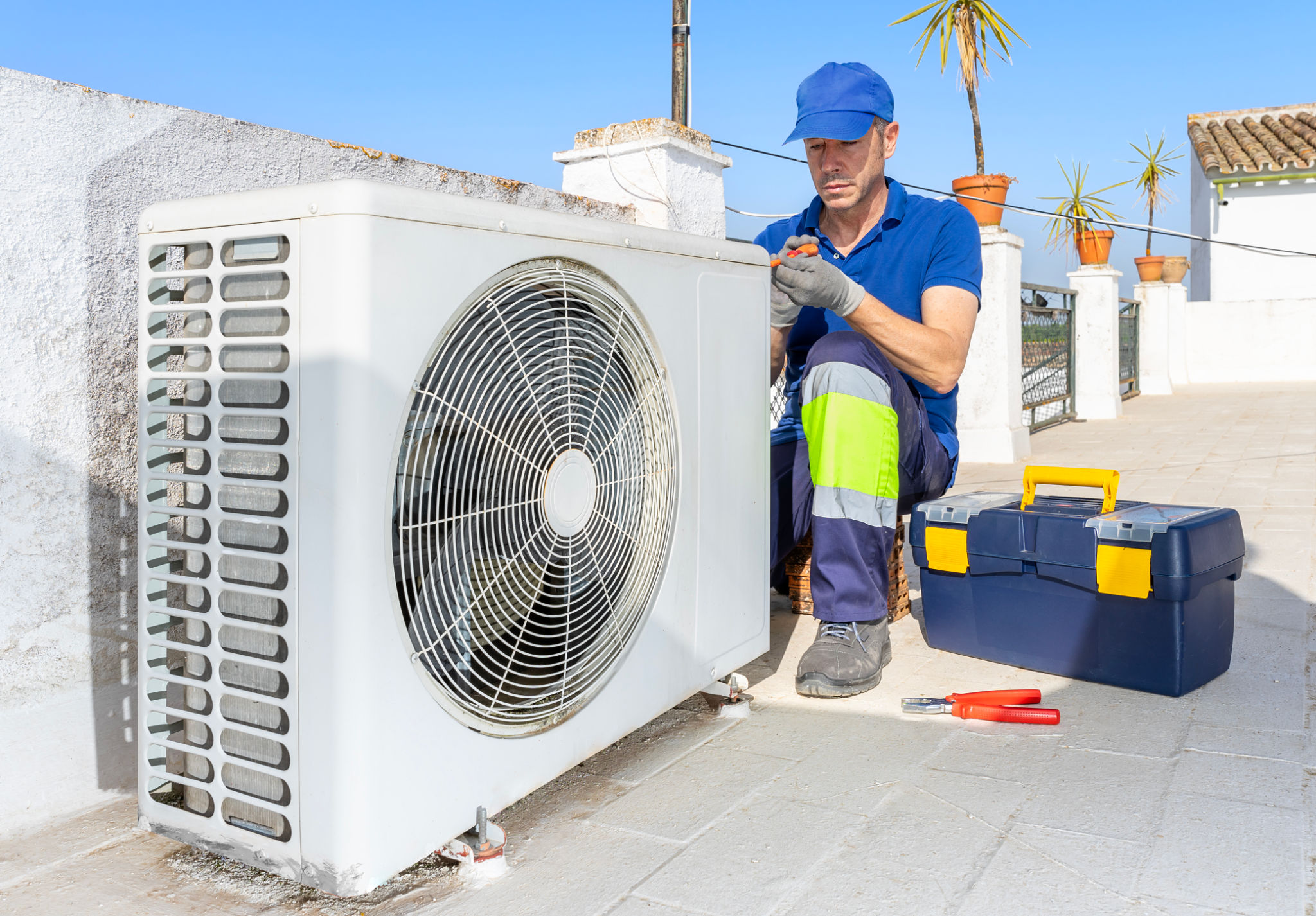Debunking Myths About Air Compressor Efficiency
Understanding Air Compressor Efficiency
Air compressors are essential in various industries, powering tools and equipment with compressed air. However, there are numerous myths surrounding their efficiency. Understanding the truth behind these myths is crucial for making informed decisions to optimize performance and reduce energy consumption.

Myth 1: All Compressors Are Equally Efficient
One common misconception is that all air compressors operate with the same level of efficiency. In reality, efficiency can vary significantly depending on the type and model of the compressor. Factors such as design, technology, and maintenance practices play a significant role in determining efficiency levels. It is essential to choose the right compressor for your specific needs and ensure it is maintained properly.
Myth 2: Larger Compressors Are Always More Efficient
Many believe that larger compressors are inherently more efficient due to their size and power. However, this is not always the case. While larger compressors may handle bigger jobs, they can be less efficient if they are oversized for the task at hand. Proper sizing of an air compressor is vital to ensure optimal efficiency and energy use.

Myth 3: Newer Models Guarantee Better Efficiency
While newer air compressor models often incorporate advanced technologies that enhance efficiency, simply purchasing a new model does not guarantee improved performance. It is crucial to evaluate the specific features and innovations of each model. Look for technologies such as variable speed drives and energy recovery systems that can make a tangible difference in efficiency.
The Role of Maintenance in Efficiency
Proper maintenance is a critical factor in ensuring air compressor efficiency. Regular inspections and timely servicing can prevent leaks, reduce wear and tear, and improve overall performance. Neglecting maintenance can lead to decreased efficiency, higher energy costs, and potential equipment failure.

Energy Costs and Air Compressor Efficiency
The misconception that energy costs are fixed for air compressors often leads to inefficient practices. In reality, energy consumption can be managed by optimizing compressor usage, such as reducing pressure drops, addressing leaks, and implementing smart control systems. These adjustments can lead to significant cost savings over time.
The Impact of Environment on Efficiency
Environmental factors also play a crucial role in air compressor efficiency. For example, ambient temperature and humidity can affect how well a compressor operates. Ensuring the compressor is located in a well-ventilated area with controlled environmental conditions can improve its performance and efficiency.

Conclusion: Making Informed Decisions
Debunking these myths is essential for achieving optimal air compressor efficiency. By understanding the factors that truly impact performance, businesses can make informed decisions about purchasing, maintaining, and utilizing their air compressors. The result is improved efficiency, reduced energy consumption, and cost savings.
